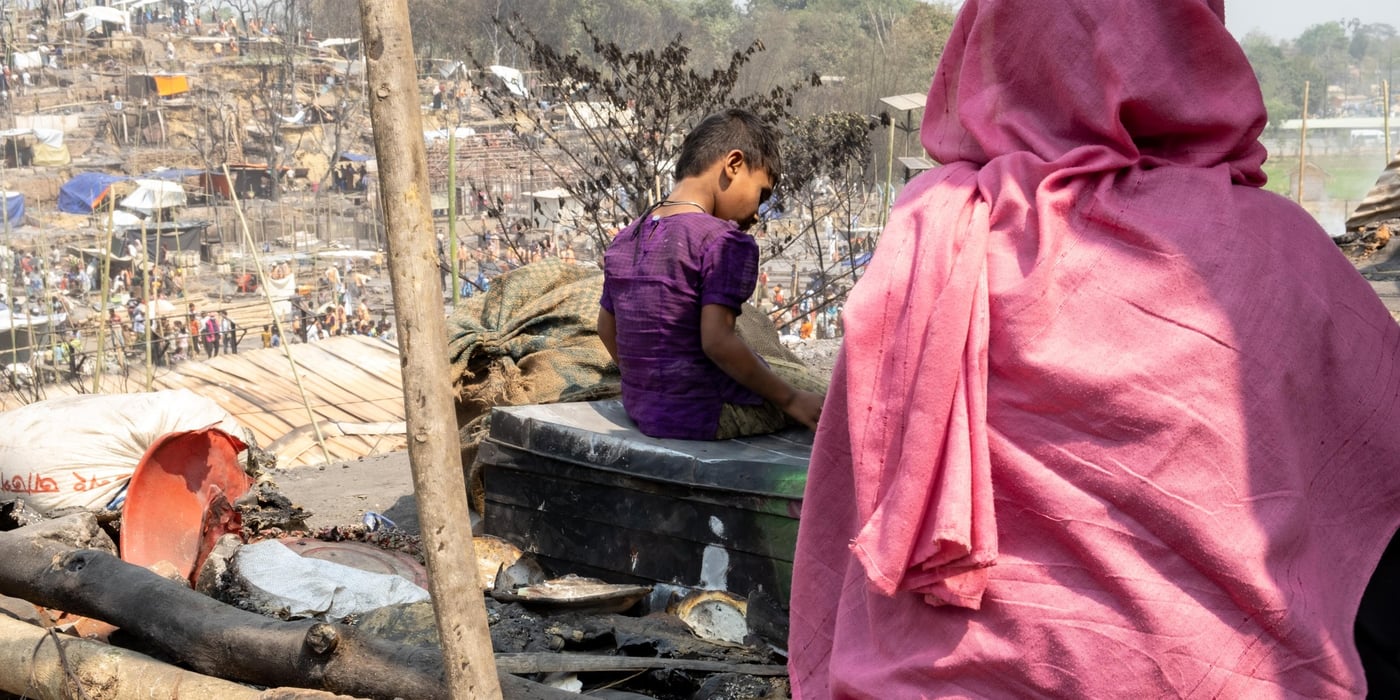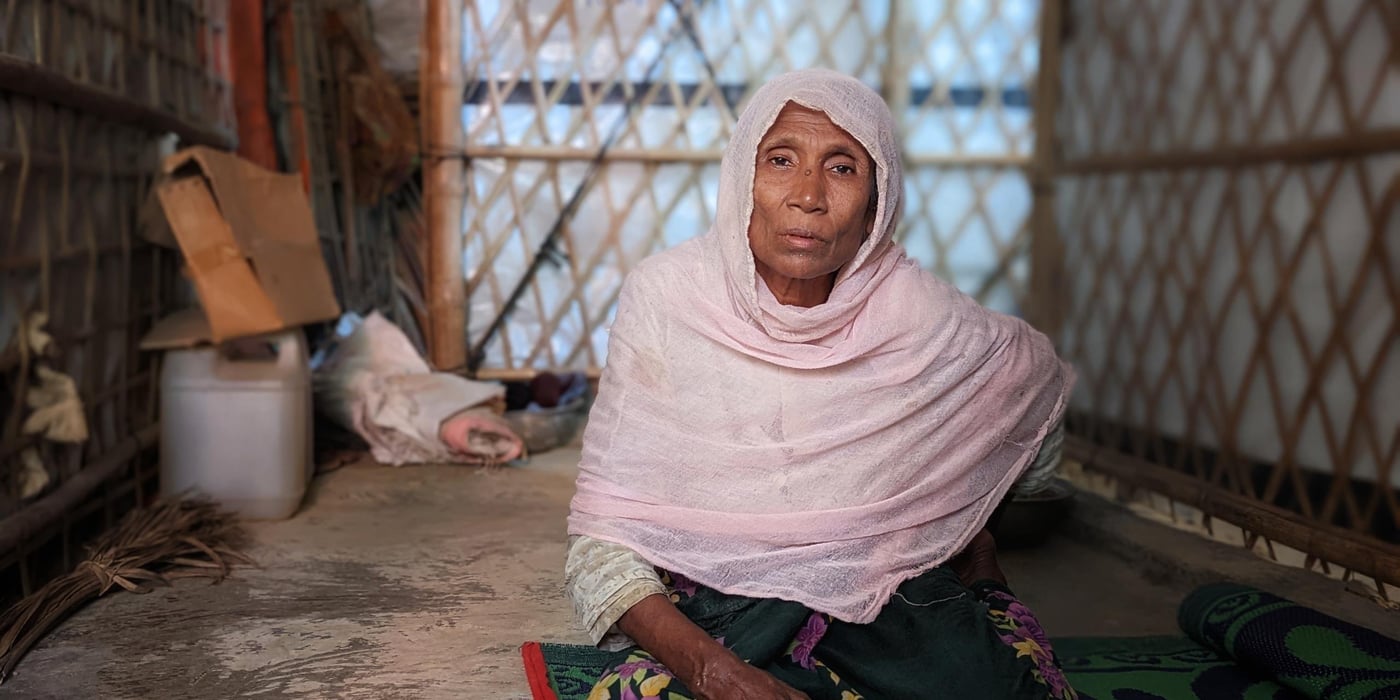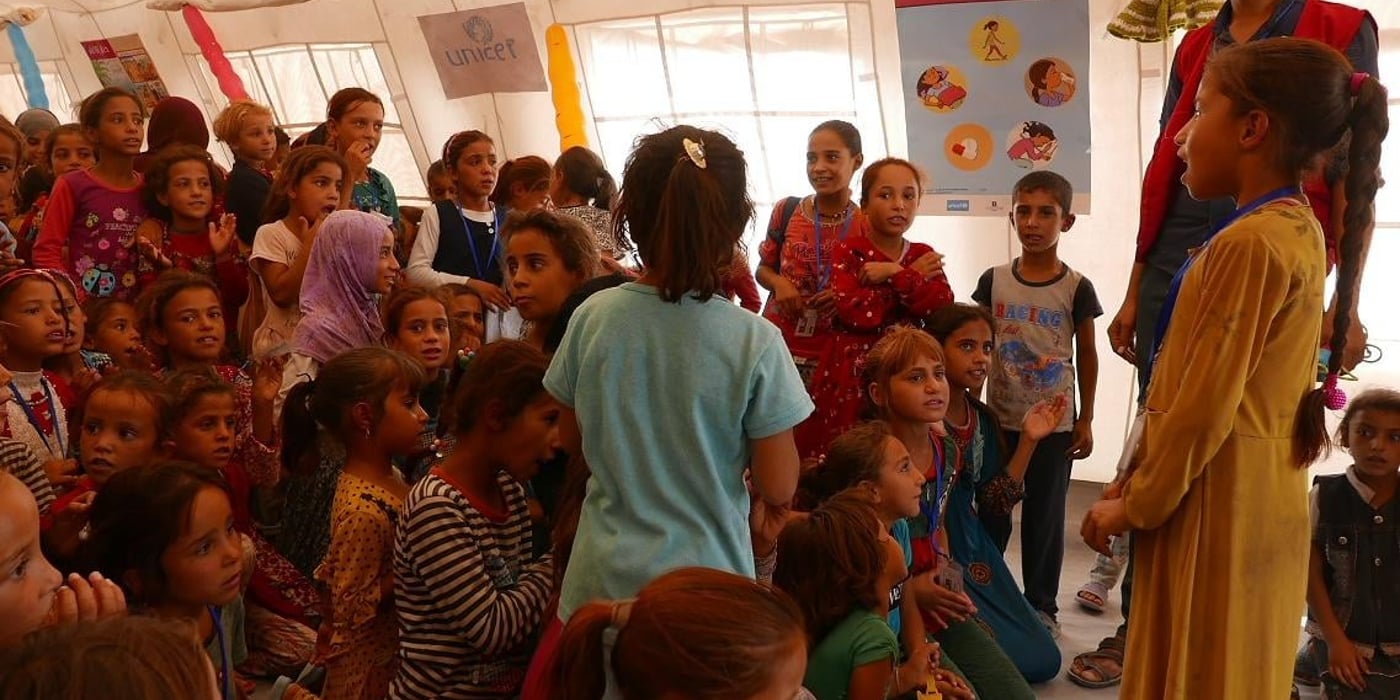
The Millennium Development goals promised boys and girls primary school education by 2015. However, about 264 million children and youth were out of school by end of 2015, according to UNESCO. The staggering number includes 61 million children of primary school age, 62 million of lower secondary school age and 141 million of upper secondary school age.
The causes of the high numbers are many - violence, drought, displacement, marginalisation, conflict and war continue to affect the most vulnerable and keep children away from school.
In 2015, a new set of Sustainable Development Goals were accepted by the UN General Assembly, and countries are now striving to meet the universal educational goal by 2030 - to ensure inclusive and equitable quality education for all. To support national and local communities reaching their goals, NORCAP plays a leading role among UN standby partners in education, particularly during emergencies.
Meet four of our experts, working in Bangladesh, Pakistan, Iraq and East Africa, to address and advocate for children and youth´s right to education.

Bangladesh
Bharati Pokharel in Cox's Bazar
"I grew up in a small, remote village in Gujarat, India. I went to one of the public schools, and did not get sufficient opportunities there. My own struggle to create a better life for myself has made me realise the importance and power of education. On mission in Sri Lanka and Yemen, I witnessed how education is often forgotten in emergency responses, and this motivated me to advocate for education in humanitarian action.
Over half a million people have fled from Myanmar since late August 2017, and it has been challenging to maintain the quality of the education centres due to the rapid expansion. In Bangladesh, only registered children can study Bangladeshi curriculum in the formal schools, up to primary level. Therefore, there is a lack of educational opportunities for children from Myanmar. At the same time, the education programme in the temporary settlements targets only children aged four to fourteen. As a result, older children are left out.
In Bangladesh I worked with UNICEF, one of NORCAP's UN partners and my role was to build and strengthen the capacity of the Education Sector in Cox´s Bazar. Here, UNICEF is currently the only organisation who has an agreement with the Government of Bangladesh to provide basic non-formal education to unregistered refugees, such as the refugees from Myanmar.
In the past five months, UNICEF Bangladesh has provided basic non-formal education to more than 12,000 children from Myanmar living in informal settlements in Balukali, Kutupalong and Shamlapur, and to refugees living in one host community. The Education Sector, including UNICEF, has also provided Education in emergencies (EiE) kits to schools affected by the Cyclone Mora that hit Cox´s Bazar earlier this year, and the non-formal schools for children from Myanmar. These kits include basic teaching and learning materials, such as pencils, colours, school bags and story books for around 30 children.
I hope that actors providing emergency aid to the people in Cox´s Bazar understand the importance of education in emergencies, so no child in Bangladesh is left out of the education system.
Bharati was deployed to UNICEF in Bangladesh from April to September 2017 and her assignment was supported by the Norwegian Ministry of Foreign Affairs.
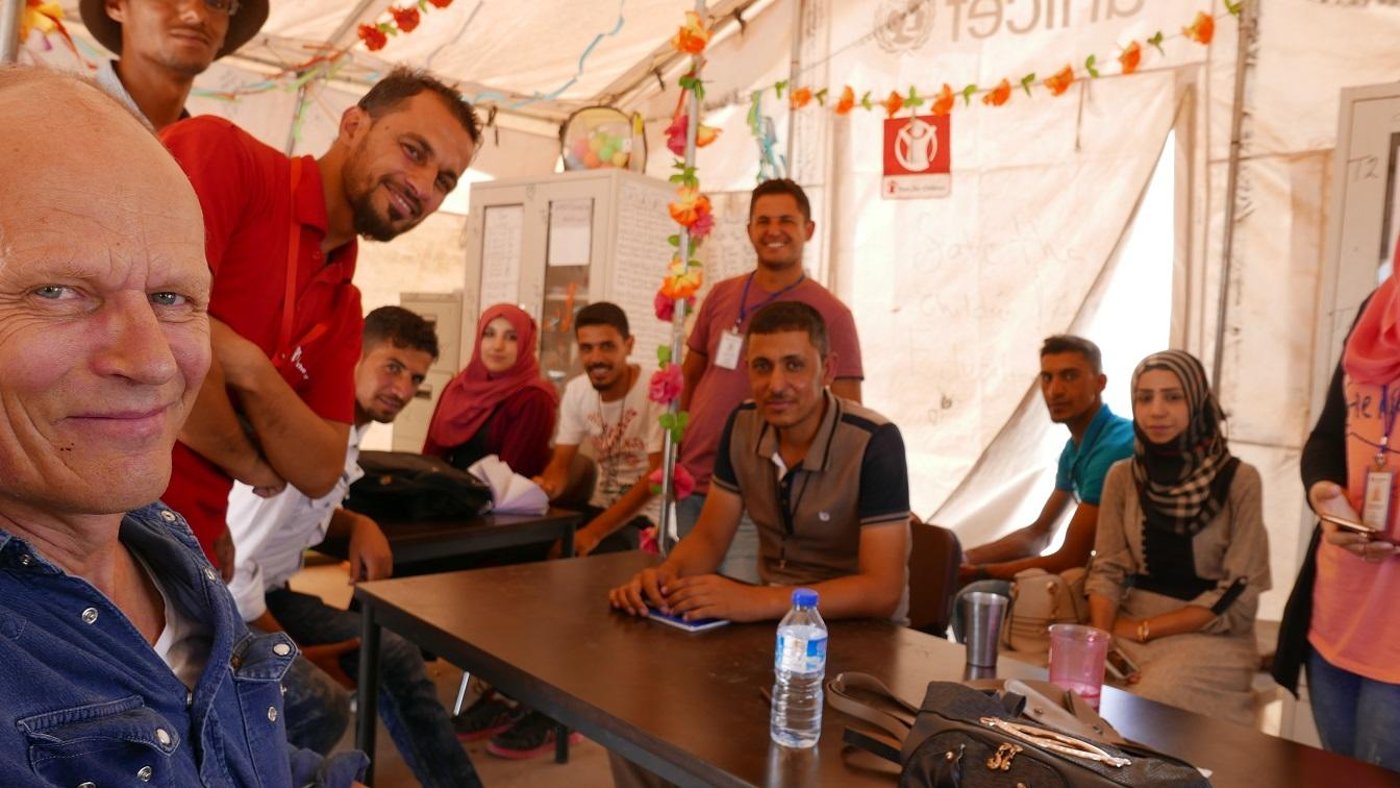
Iraq
Fredrik Telle in Erbil
"The education situation for the internally displaced people in Iraq is challenging. My concern is that many children who have lived in IS-ruled areas have large gaps in their education. At the same time, it will take a long time to rebuild the schools in Mosul and as a result, education will suffer. The teachers go for long periods without any salary from the central authorities and families are afraid of returning to their homes in the insecure environment, in and around Mosul.
When I was deployed to Erbil in June this year, the education cluster was looking at ways to improve the quality of the education aid provided to the affected population of Mosul. My assignment was to support the cluster. I arranged and administered capacity building workshops on different Education in emergencies, (EiE) related topics for programme managers, teachers and others involved with organising education activities in the camps. As a roving cluster coordinator, I visited camps to negotiate and check for available space in the camps to set up temporary schools and if schools were actually open and running.
In the camps, temporary schools go from being too hot in the summer, to becoming too cold in the winter for proper tuition. Lack of sufficient learning space, makes classes large both in and out of the camps. This affects the quality and attendance among other things.
UNICEF supports national, regional and subnational governments in policy development, coordination, planning, budgeting and monitoring, and humanitarian issues. The rehabilitation of schools in and around Mosul is of high priority. UNICEF also focuses on Accelerated Education Programmes and girls´ school attendance in order to respond to the educational needs on the ground. Right now, the Back to Learning campaign is just about to be rolled out.
Education can create a sense of normalcy in a sea of chaos and a hope for the future. There is a great demand for education from parents, caretakers and children themselves. Many children and teachers are in need of psychosocial support, and students of all ages need to catch up after several years without schooling. These were topics also covered by the Education in emergencies capacity training drive and are still ongoing.
Seeing the needs first hand on assignments with NORCAP and hoping to make a difference, however small, committed me to work with education in humanitarian action."
Fredrik Telle worked with UNICEF in Iraq from June to September 2017 and his assignment was supported by the Norwegian Ministry of Foreign Affairs.
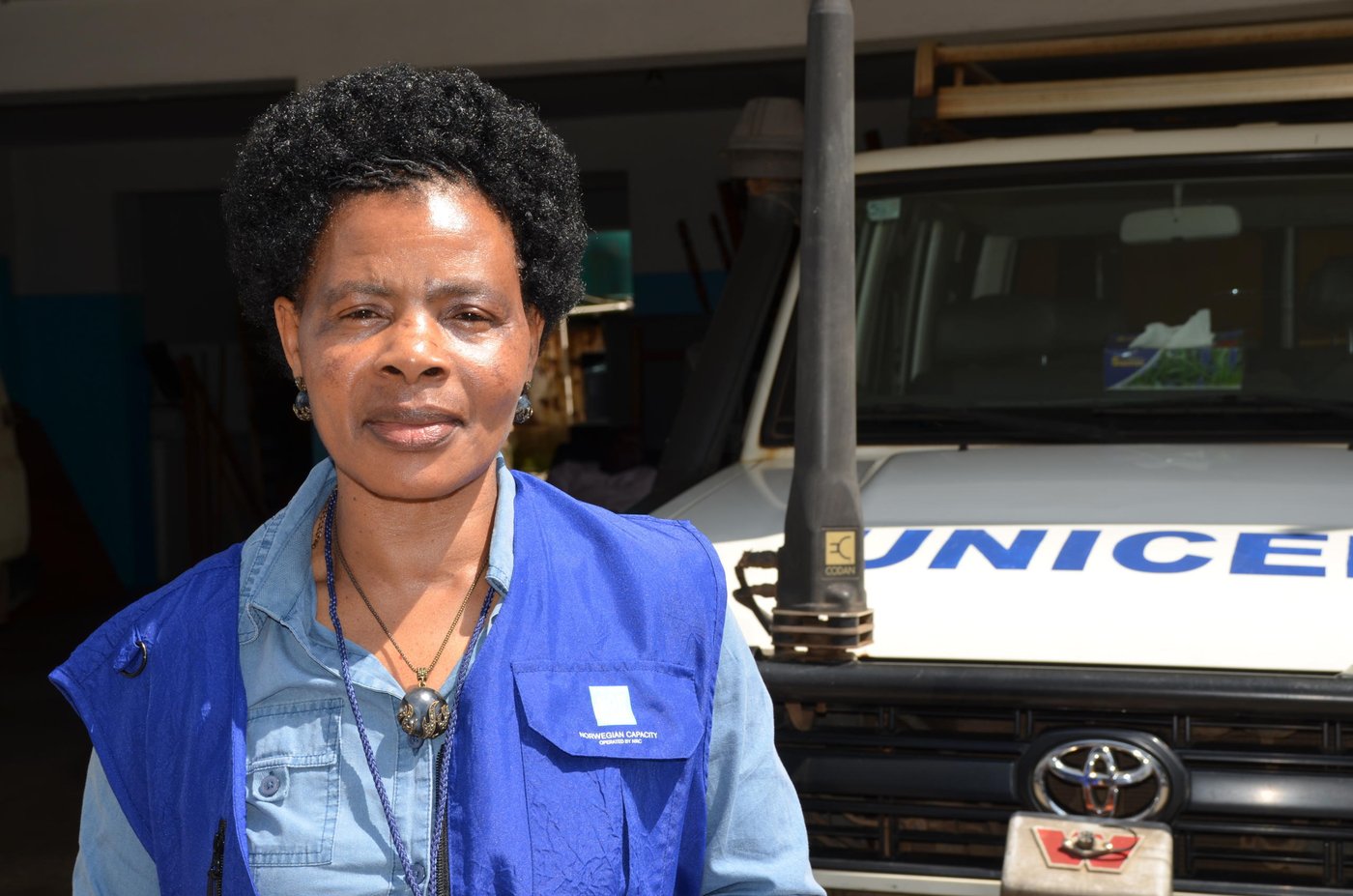
Pakistan
Mary Ombaka in Pakistan
"My first assignment, working with Somali refugees, opened my eyes to the educational needs of displaced children all over the world. Working in the education sector with Somali and Sudanese refugees further revealed to me what an impact education can have on the lives of those who seem to have lost hope.
In Pakistan, over 22.6 million children and youth do not go to school, according to UNHCR. It is difficult to advocate for refugees' right to education in a country that has so many out-of-school children themselves. Our solution is therefore not to address the educational needs of refugees in isolation, but to include refugee children into national education programmes. That way all children, both refugees and those from local communities, can benefit from the organisations´ support.
UNHCR has established primary schools in 54 villages in the four refugee-hosting provinces of Pakistan. Additionally, the organisation has advocated with the government of Pakistan and managed to include 550,946 Afghan children into government-run schools. This has ensured access to education for children from Pakistan and Afghanistan.
Identifying the specific needs of various groups of children and youth, boys, girls, disabled children and so on, is important to me. In this way, we can design an inclusive response. I have advocated for an Accelerated Education programme for home based girl schools. These schools provide educational opportunities for Afghan girls who would not otherwise be able to go to school. The programme, designed by the Norwegian Refugee Council, enables the Afghan children to enter formal secondary schools after only three years of primary education.
In the refugee camps, most children do not have suitable desks or textbooks, but they cope with what they have. Most of the parents are so focused on the importance of education that they pay for parts of the teaching materials. They want to see their children get a qualified education, and many are concerned about the lack of secondary school opportunities in the camps.
The children I meet dream about being professionals in medicine, education or engineering. They want to make a good life for themselves so they can lift their families' standard of living.
Mary Ombaka has worked with UNHCR in Pakistan since November 2016 and her assignment is supported by the Norwegian Ministry of Foreign Affairs.
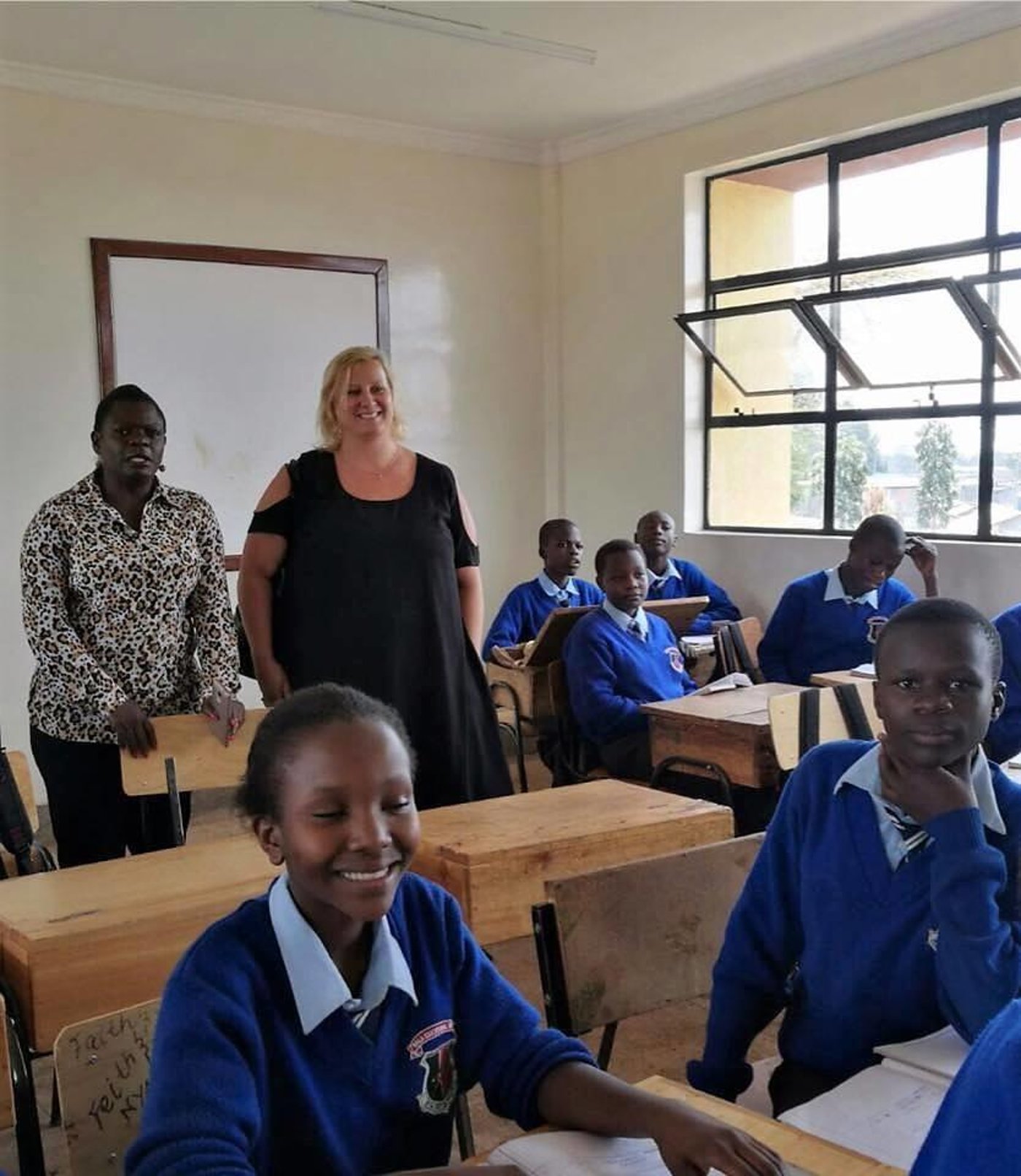
East Africa region
Gry Ulverud in Nairobi
"For the region as a whole, the surge of refugees from South Sudan, Somalia and Yemen creates huge challenges on so many levels, also for education. Whether the reasons are drought, political instability or violence, the refugees are in need of quality education. Surveys show that education is what most refugees see as their way to a better life - if not for themselves, at least for their children. My biggest concern is not doing enough to give people in need this hope for a better future.
I have worked with education since 2003, in the Norwegian Ministry of Education and as the Norwegian representative to UNESCO. Negotiations leading to the Global Education Goals were an important part of my daily duties in UNESCO. I have seen the crucial importance of education at all levels, individually and for society. When I got the opportunity to work as a NORCAP deployed expert for UNESCO in East Africa with Education in emergencies - I could think of nothing more important to do.
The most important task I do is to coordinate the regional work of UNESCO on Education in emergencies for East Africa. Among other things, this includes advising member states on how to include emergency preparedness in education planning and to initiate training for ministry staff. Additionally, I also work with partners to mobilise resources for education in emergencies. Supporting the region's education ministries in their hard work to reach the ambitious targets of the global education goal is the biggest achievement of UNESCO in East Africa. Guiding training and being alert to the member states' needs in building solid education systems is what UNESCO does best.
I have met many officials from the ministries of education in the region, and I am impressed by their dedication to build good education systems. They tell me that they lack resources and qualified personnel in the ministries. They are very motivated to participate in trainings and workshops about education planning and emergency planning that we offer.
Building robust education systems is the only long term solution to ensure children and adults the right to quality education. If I can contribute at all to this goal, I will be grateful."
Gry Ulverud has worked with UNESCO in East Africa since February 2017 and her assignment is supported by the Norwegian Ministry of Foreign Affairs.



